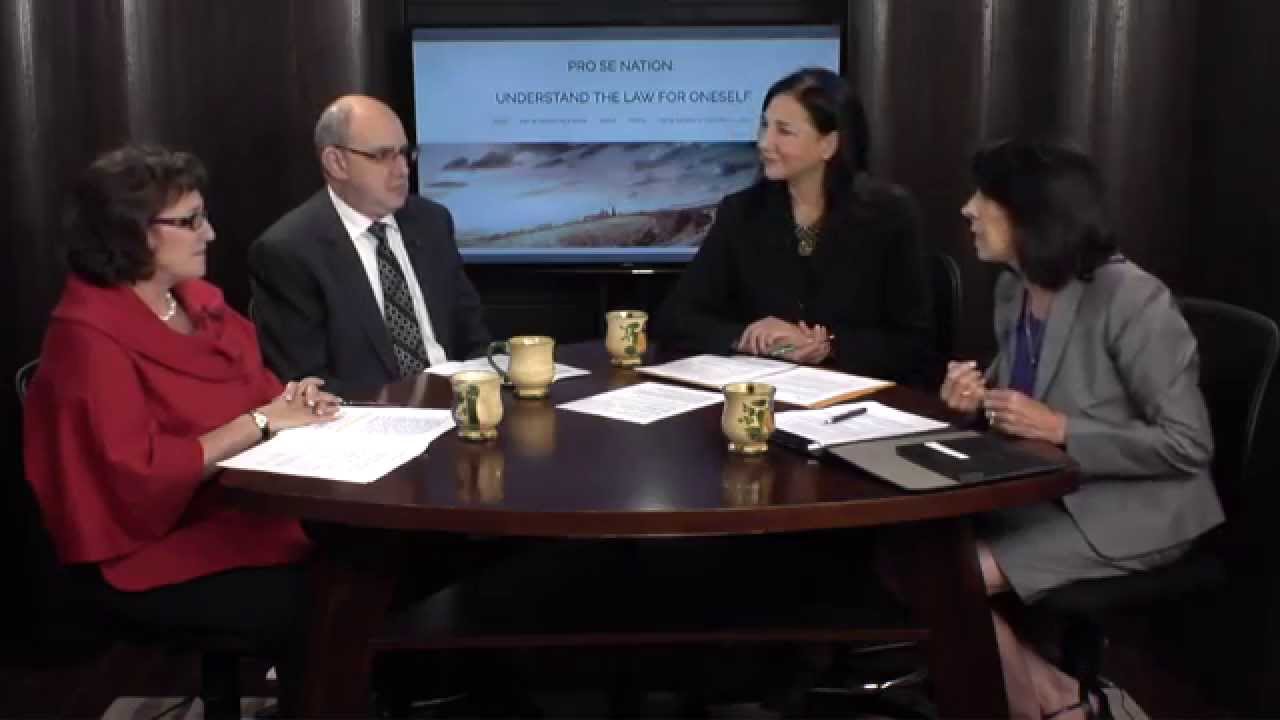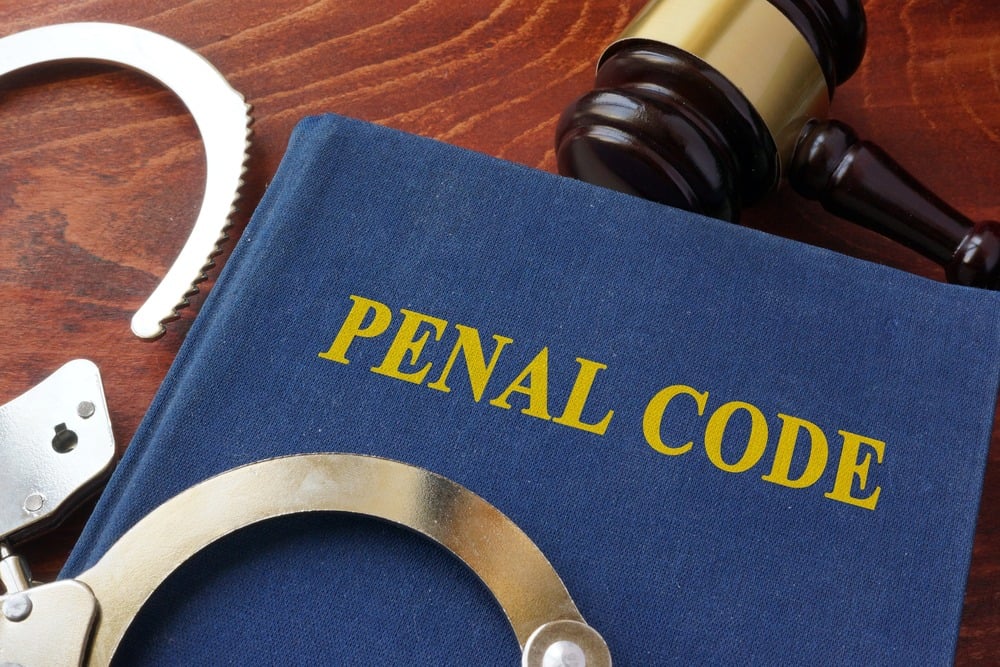
A real estate closing is the final step in possessing a house from a seller. When a seller accepts a purchase offer, an agreement presided by estate litigation lawyers is made, and a closing date is given. Real estate closing allows the buyer to start moving into the new property.
The real estate closing process is divided into the following steps:
- Open an escrow account: a neutral third party upholds the interest of the buyer and the seller. The third-party may hold all the cash and documents related to the transaction until the transfer is complete. Immediately the purchase procedure is done, money and documents are transferred from the escrow account to the seller and buyer.
- Title search and purchase insurance: a title search and title insurance policy ensures all goes well at the closing stage. A title search is documentation of public records to ascertain that the property’s legal ownership is as true as claimed.
Any claims are raised before the transfer of the property. On the other hand, purchase insurance protects the owner from financial loss if there are defects in a title.
- Enter estate litigation lawyers: The closing process deals with lots of legal documents. Therefore, buyers opt to hire a closing attorney for their professional advice and advocacy. These lawyers are familiar with the complicated legal jargon and may also note an anomaly with the legal documents and help raise concern in good time.
- Get pre-approved for mortgage
Getting all the essential requirements to acquire a mortgage assures the seller that indeed you’re buying the house. This is an indicator to the seller that you’re getting the necessary funding for the closing. Getting pre-approved for a mortgage attracts an interest rate lock from the lender.
- Negotiate the closing cost
Escrow companies charge a service fee for the closing services. The real estate closing attorney also comes at a cost. If these costs are not scrutinized and agreed upon in time, they can snowball into significant amounts.
It is crucial to itemize all the charges and service fees. There may be a window to negotiate the cost and maybe a waiver on one or two items. Some of the charges to look out for include email, review fee, processing fee, and other line fees.
- Complete the home inspection
Owning a home is a significant investment. Visit the house, inspect it to spot any areas that may have challenges, and address them in time. If the issues need repair or replacement, ask the seller to handle them.
If the purchase offer had a home inspection offer, the seller might pay you, to deal with the issues yourself. If you’re uncomfortable, you may quit pursuing the deal.
- Renegotiate the cost
It’s never too late to negotiate the price to cover any costs you may have incurred, such as repairs. Even when the purchase term is “as is”, you may get a few bucks off the initial price if you ask.
Parting Shot
Real estate closing is a crucial process when purchasing a home. Hire a reliable lawyer to help you with advice and legal you every step of the way.
Comments are closed.
Latest Posts
Recent Posts
- Maximizing Your Accident Settlement: Effective Negotiation Strategies
- Estate Planning Attorney DC: Navigating Legalities for a Secure Future
- Warriors in Court: Advocacy for Post Military
- Benefits of using a Miami accident advocate
- Car Accident Claims: Insider Tips from a Veteran Attorney
- Why Living Trusts are the Keystone of a Sound Estate Plan
- The Road to Recovery: Navigating Legal Challenges with a Personal Injury Attorney












